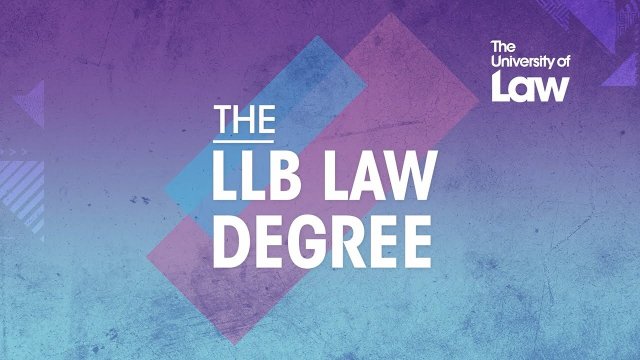If you choose a law degree, you’ll acquire a broad set of transferable skills and a greater understanding of the world we live in. Studying law helps you better understand how we interact as humans, and how we create the frameworks of a civilised society. You’ll learn to analyse and problem solve, articulate yourself in the written and spoken word, use your initiative, bond with other people, and likely become a passionate advocate on issues you care about.
You could become an advice worker, trading standards officer or even a coroner. Roles as barristers and solicitors are expected to grow by around 3.5% over the next eight years, so there are plenty of places your law career could take you.
- Look after the rights of children in the family courts.
- Hold governments and international bodies to account over environmental legislation.
- Become a human rights lawyer and advocate for imprisoned journalists or victims of war.
- Criminal law
- Law of Contract
- Public and European Law
- Foundations of Law and Social Justice
- Law of Tort
- Land Use and Regulation
What’s the difference between a solicitor and a barrister?
As a solicitor, you’ll work as a ‘lawyer’, providing legal advice to clients in a range of legal practice areas, like property, corporate, criminal or family law.
As a barrister, you’ll represent your client in court, and might also be asked to provide specialist advice. Unlike solicitors, barristers are usually self-employed and work in chambers. They also wear gowns and wigs in court.
Chat to a current law student
Chat to a current law student using UniBuddy.
Some conversation starters for you:
- Ask which modules they really enjoyed.
- Find out how easy it was for them to make friends on their course.
- Do they have any tips on your personal statement?
- Did they do anything to prep for uni before they went?
- Are there books, podcasts or YouTube channels they would recommend?
- Lawsuits
- Business development
- Conveyancing
- Finance
- Concise writing and legal research skills
- Commercial awareness
- Communications
- Listening skills and empathy
- Sales
- Critical thinking
- Attention to detail
What is a… special agent?
Getting in: Entry requirements
Find out more about what you'll need to study law at university or as an apprenticeship.
Average requirements for undergraduate degrees
Entry requirements differ between university and course, but this should give you a guide to what is usually expected from law applicants.
-
Nothing But The Truth with Elizabeth Bowden
A fun insight podcast into the ‘secret’ language of barristers, hosted by civil and family barrister Elizabeth Bowden and podcaster Zoe Hanson. -
Talking Law with Dr Sally Penni MBE
Presented by the Chair of Women in Law UK, barrister Sally Penni, this podcast features leading figures in UK law discussing their careers, as well as some of the challenges and realities of the legal profession. -
The UK Supreme Court’s YouTube channel
As well as easy-to-understand explainers about what the UK Supreme Court does, you can watch videos of real-life cases that appear in the court. Great for swotting up on what’s been going on recently at the highest court in the land! -
The law in 60 seconds
Useful for quick recaps on particular aspects of the law, like the human rights act and our right to privacy.
- Think about persuasive writing. Have you ever written a letter to an MP, or even your parents, asking them for something? How might that help you as a future solicitor?
- Do you enjoy public speaking? Did you join the debating club at school? What other clubs did you enjoy at school that might lend themselves to a role as a barrister or judge?
- Are you passionate about reading? What kind of books do you enjoy? Are there any books you've read that had a legal dimension to them?
- Or maybe you like scrolling through the news online, keeping up-to-date with current affairs? What are the legal implications of some of the stories you've read?
- What work experience, or volunteering, have you done or could you do? Have you worked at your local solicitor’s firm, or done charity work - for example, helping a refugees charity with asylum applications?
- Is there a local solicitor’s firm where you could get some work experience? Have you been to your local magistrates’ court, or what buildings have you visited that represent our legal system? How can you demonstrate your interest in the subject?


